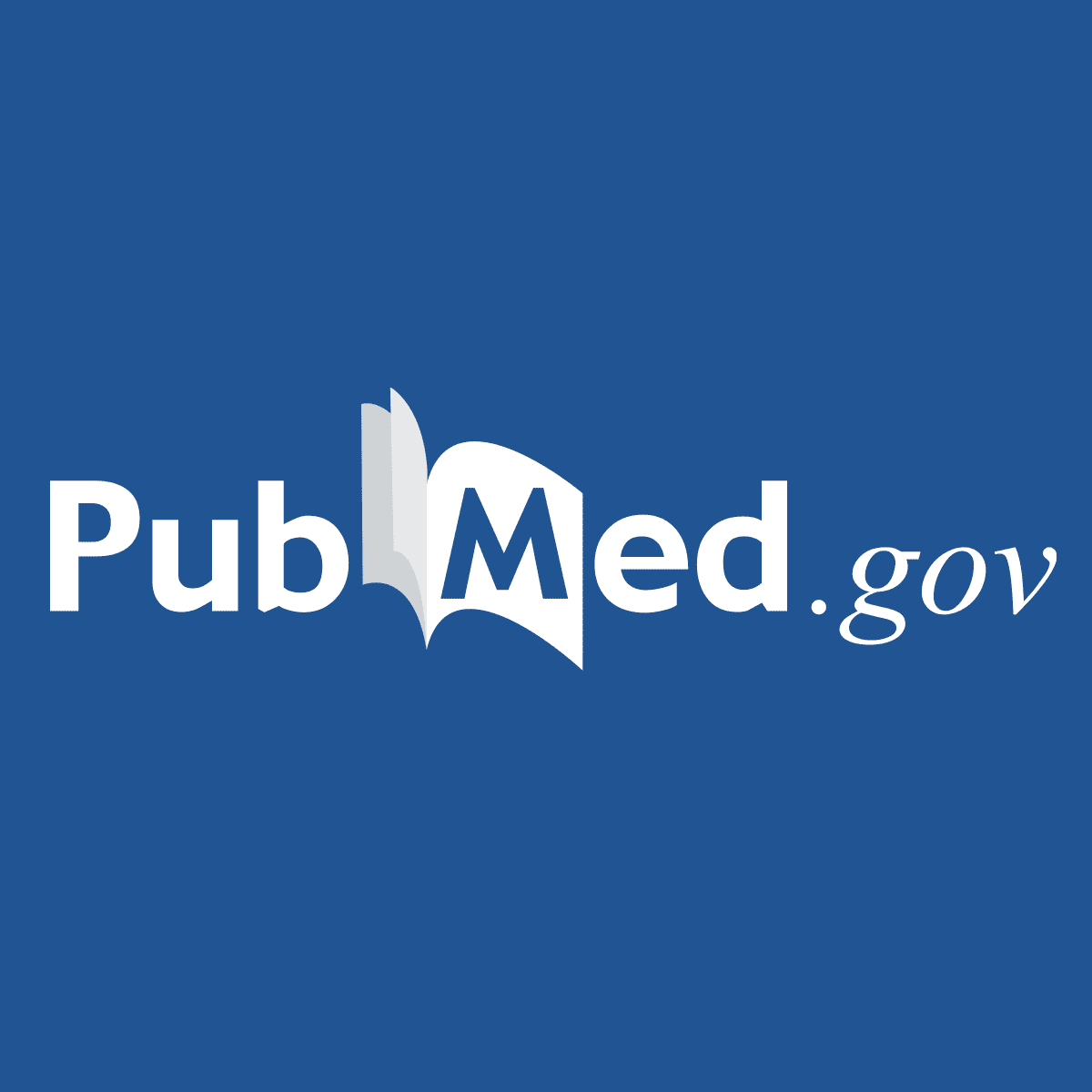Samurai Drive
Member
- Joined
- Jul 11, 2018
- Messages
- 79
Hello,
Rays last communications were based on protien restriction, methianine particularly. We all know why.
I watched an interview yesterday with a pro protien doc that refutes these studies. Claiming the restriction has context to what it was restricted from.
Does anyone have the original study data to review. I cant seem to find.
Rays last communications were based on protien restriction, methianine particularly. We all know why.
I watched an interview yesterday with a pro protien doc that refutes these studies. Claiming the restriction has context to what it was restricted from.
Does anyone have the original study data to review. I cant seem to find.


